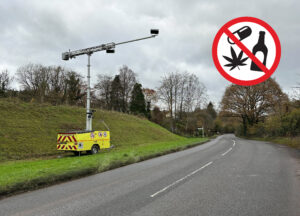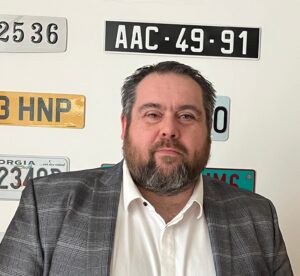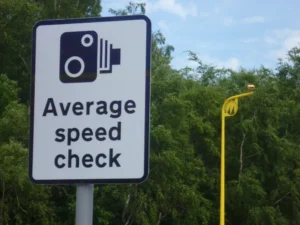The body which overseas the police and fire services has called for more human enforcement on the roads, and claimed cameras can be put in places to raise money rather than where they would reduce accidents.
In a new report, Her Majesty’s Inspectorate of Constabulary and Fire & Rescue Services say that despite the high number of people killed on the roads in England and Wales each year, often force police and crime plans made little or no reference to roads policing.
The report says some forces showed an apparent unwillingness to support education over enforcement, which has “led to suspicion among officers, including some at chief officer level, that the focus of activity was intended to increase revenue for the safety partnership”.
In support of this, they gave examples of some camera sites that they believed didn’t have a history of collisions or other identified vulnerabilities and that inspectors had been told the reason enforcement took place at certain locations was that they were “good hunting grounds”, rather than because they had a history of collisions.
The inspectors say that, in order to combat perceptions of unfairness, forces and their partners need to make sure that there is transparency over how and where cameras are located. “There are already government guidelines on this issue, but we believe that these should be refreshed to include what revenue is raised and how it is spent,” they write.
“Our inspection suggests that roads policing, despite the number of road deaths plateauing and likely to increase, is seen as less of a priority than it should be,” commented HM Inspector of Constabulary Matt Parr. “We found that almost half of local crime plans didn’t include reference to roads policing. This, along with an unclear national strategy, is doing little to help reduce the number of deaths and life-changing accidents which occur on our roads.
“Spending on roads policing has been cut by 34% resulting in fewer officers dealing with offences that cause road deaths. However there is a clear, and pressing, need for government, police and crime commissioners, chief officers, and the College of Policing to recognise the importance of roads policing in reducing death on the roads. We have made recommendations to help the police improve the effectiveness of roads policing in England and Wales. In doing so, we are clear, roads policing is not optional.”























